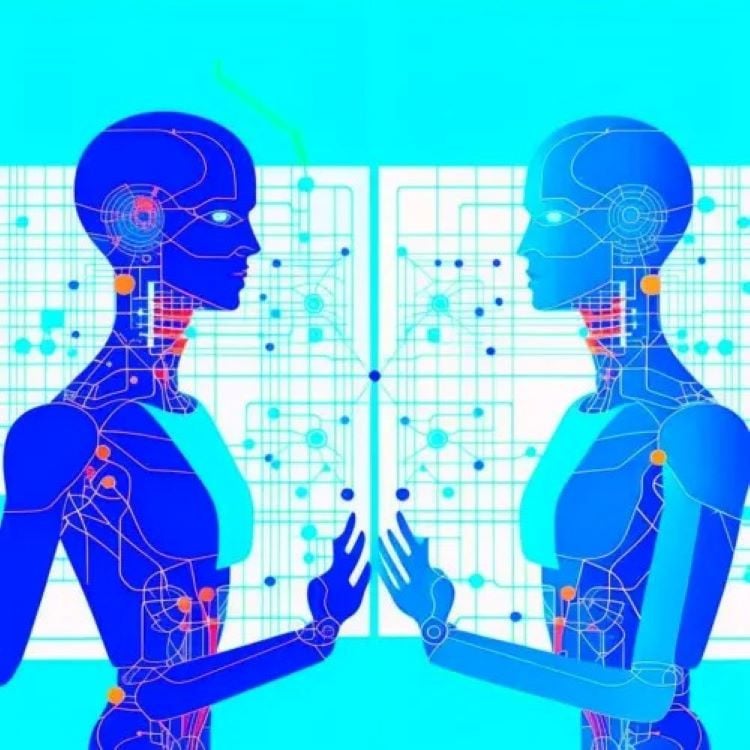
AI Applications in Complex Industries
AI is becoming a powerful and indispensable assistant in many complex and highly dangerous professions, bringing many practical benefits to humans.
Aircraft pilots: AI can enhance flight safety by processing massive amounts of data on weather conditions, equipment status, and other parameters in real time. This allows humans to predict and prevent incidents, and respond promptly to possible anomalies.
Oil, gas and mineral extraction: Sophisticated AI systems can now analyze geological, chemical and physical data to optimize the extraction process. This reduces risks to workers, improves operational efficiency and minimizes environmental impact.
Commercial Divers: Proactive AI-powered exploration information can provide divers with detailed information about underwater conditions, helping workers plan and conduct safe and efficient dive procedures.
Industrial rope technician (performs construction, installation, maintenance, repair and other work related to building facades, equipment, structures at height): In this field, artificial intelligence can be used to plan routes, analyze surface conditions and ensure the safety of workers at height.
Risks and Limitations of AI
Although AI has been used to analyze, detect and warn of potential incidents for humans in dangerous and complex jobs, it is still necessary to be aware of the risks and limitations in using them, in order to minimize the risks associated with using this technology to ensure absolute safety and the highest work efficiency.
Algorithmic limitations: AI operates on pre-built algorithms, which limits its ability to adapt to unexpected situations.
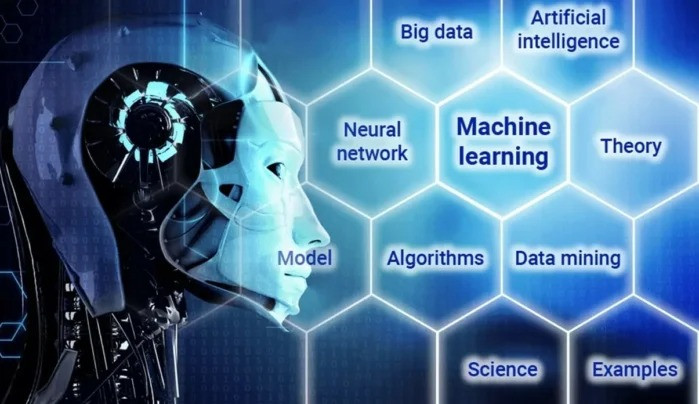
Decision-making problems: Sometimes AI systems can make choices that seem reasonable to machines, but are dangerous or unacceptable from a human ethical perspective. Therefore, it is necessary to train AI systems appropriately, avoiding a purely mechanical approach.
Technology Dependence: Widespread use of AI in high-risk industries can cause overdependence on technology, reducing workers' ability to focus and think critically.
(According to VC)
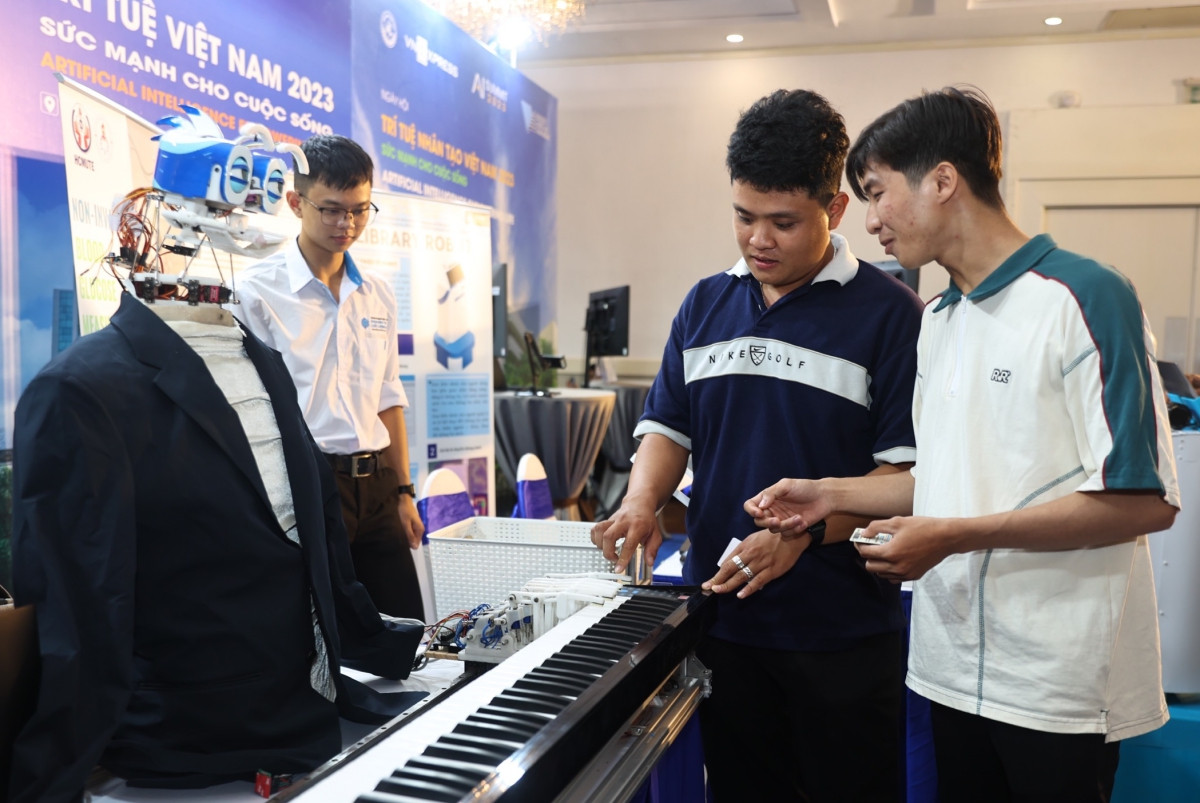
Source



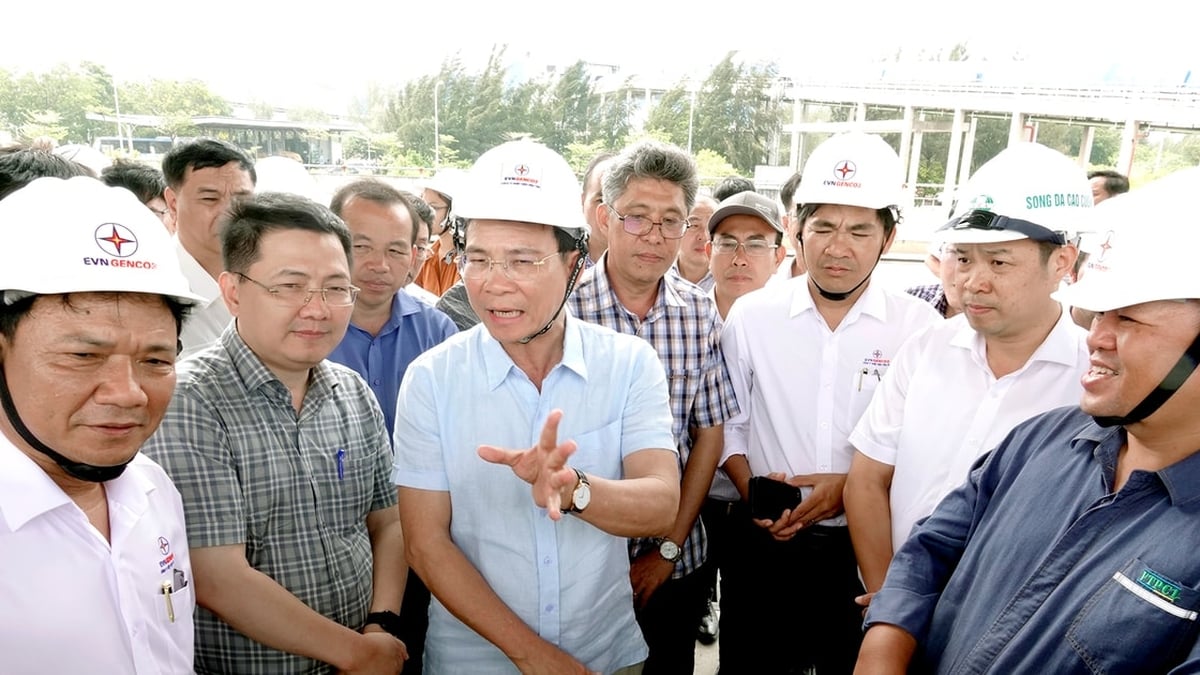

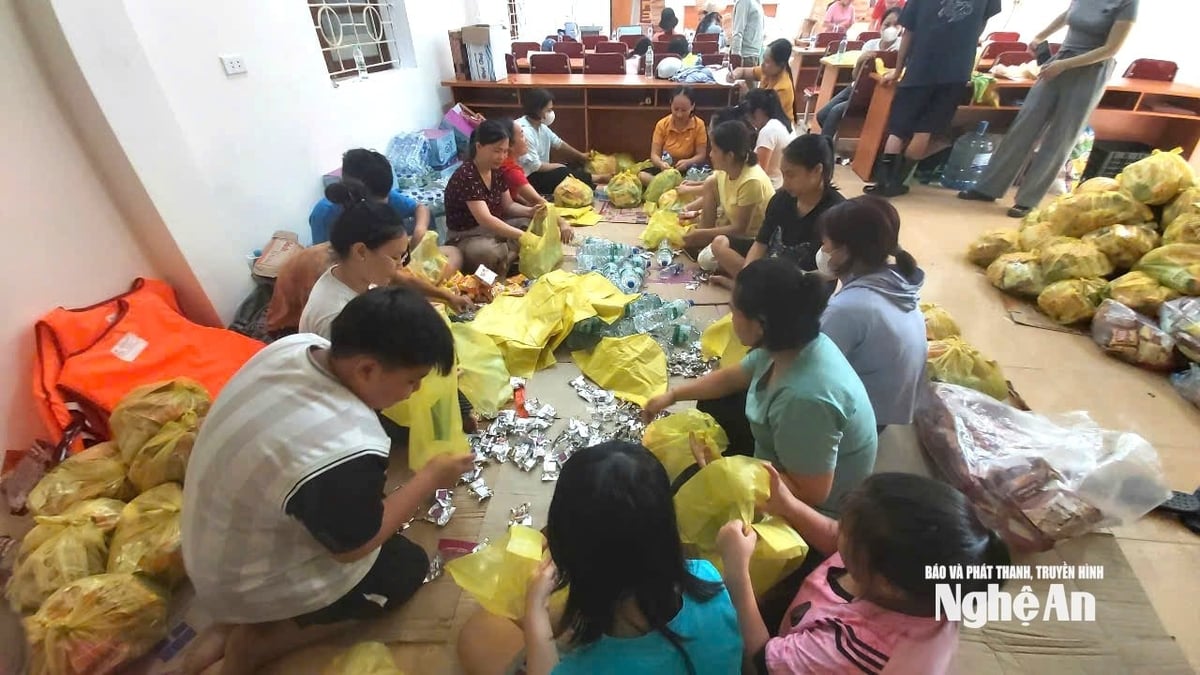




























































































Comment (0)